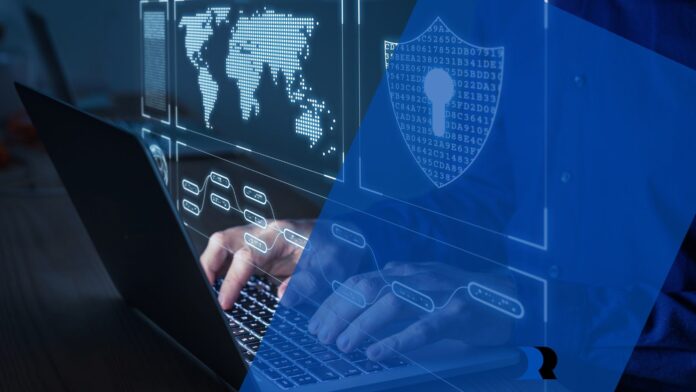Simply put, AI is becoming increasingly relied upon within the technological world. It’s also present in all walks of life. This raises the question of whether AI is assisting or hurting cybersecurity efforts.
Artificial intelligence is continuously expanding and adapting its responses based on experience. No area seems empty of its influence, and it is being used in areas such as e-commerce, gaming, apps, and robotics.
Financial and Data Safety
Cybersecurity continues to be a worry across the globe. To protect product patents, financial information and safeguard critical infrastructure, reliable cybersecurity is key. There is a concern that as more data is stored online, there will continue to be an increase in cybersecurity issues. Banks often utilize two-factor authentication to safeguard people’s data. An increasing number of websites, email servers, and apps that use AI also follow the same safety protocols.
Criminals target businesses and individuals by using AI to breach cybersecurity safeguards. This is for financial gains for the most part. So, what should you look for when trying to safeguard your online financial security? On a basic level, protection when conducting online payments is a must. As indicated above, banks and e-commerce websites often use further authentication methods to safeguard their clients. But what about other widely used online platforms such as lotteries, betting apps and online casinos that often mean large payment deposits online? In that instance, users should choose reliable betting apps that are able to encrypt payments end-to-end. Likewise, online casinos and lottery websites should provide a variety of payment methods that offer encryption of payments to protect users from fraud.
AI Chatbots
These days, most people have heard of ChatGPT. It continues to grow in use, especially in professional and educational areas. Chatbots are being utilized to quickly produce human-like responses that use natural language. This has allowed chatbots to be used for fulfilling anything from drafting emails and producing social media posts, to creating content for essays and presentations.
ChatGPT may be useful in education because it allows users to find answers to complex questions quickly. Or, at the very least, it is useful to check grammar and spelling in essays. However, an area of concern is that ChatGPT retains user’s personal data and stores it on the company’s servers. This has potential implications for cybersecurity when using the software. More data stored online brings a greater risk that it will be hacked or shared with other companies, exposing the user to security risks.
Apps and Social Media
AI is at the forefront of social media app algorithms and voice-activated technology. It analyzes data from users, including behavior and preferences, to offer more tailored experiences based on the user’s history. AI is constantly monitoring and collecting data based on internet sites visited, shopping trends, and links followed.

Data collection from phone apps is no different. It is common knowledge that social media apps use algorithms to alter the experiences on their platforms, too. For some social media companies, it’s even been a source of legal issues as the impact of AI becomes more understood. AI has become more skilled at analyzing the data collected from these apps. From a cybersecurity viewpoint, this has led users to be more on the ball with what data they are willing to share and analyze.
Apps for shopping, betting, news, banking, fitness, and everything in between also exist. Many of these apps use AI to monitor the user’s data so that they can adjust the content used to target the consumer.
Advantages and Risks of AI
AI can monitor patterns and adapt its responses accordingly. For example, e-commerce, financial and betting markets are areas in which personalization of the experience based on customer data is highly advantageous. This not only improves the experience for the customer but allows the company to understand how to tailor their websites or apps to maximize profits or provide the best service. However, the more data that is available for analytics, the more AI is a risk to cybersecurity.
AI opens up companies to cybersecurity issues wherever it exists. Criminals are able to use AI to harvest data and financial information. In return, companies often have to fight AI with AI to remove these threats. The cybersecurity industry is already a multi-billion dollar industry that is set to become even more lucrative. Now, more than ever, the impacts of AI on cybersecurity are more apparent.

For the most part, AI seems to provide both huge advantages and huge risks at the same time. AI can monitor data and trends at a far more intricate level than a human. However, AI has limitations in how far it can create or replicate human-like behavior accurately. When it comes to cybersecurity, AI has its purpose and is beneficial in safeguarding businesses and individuals alike. However, AI can be used in return by criminals to hack passwords, alter AI decisions, or create false visual and audio content, called deepfakes, to convince people it’s authentic.
Currently, it’s impossible to say whether AI is more weighted to helping or hurting cybersecurity. AI is currently doing both, and more analysis of the issue going forward is needed.


